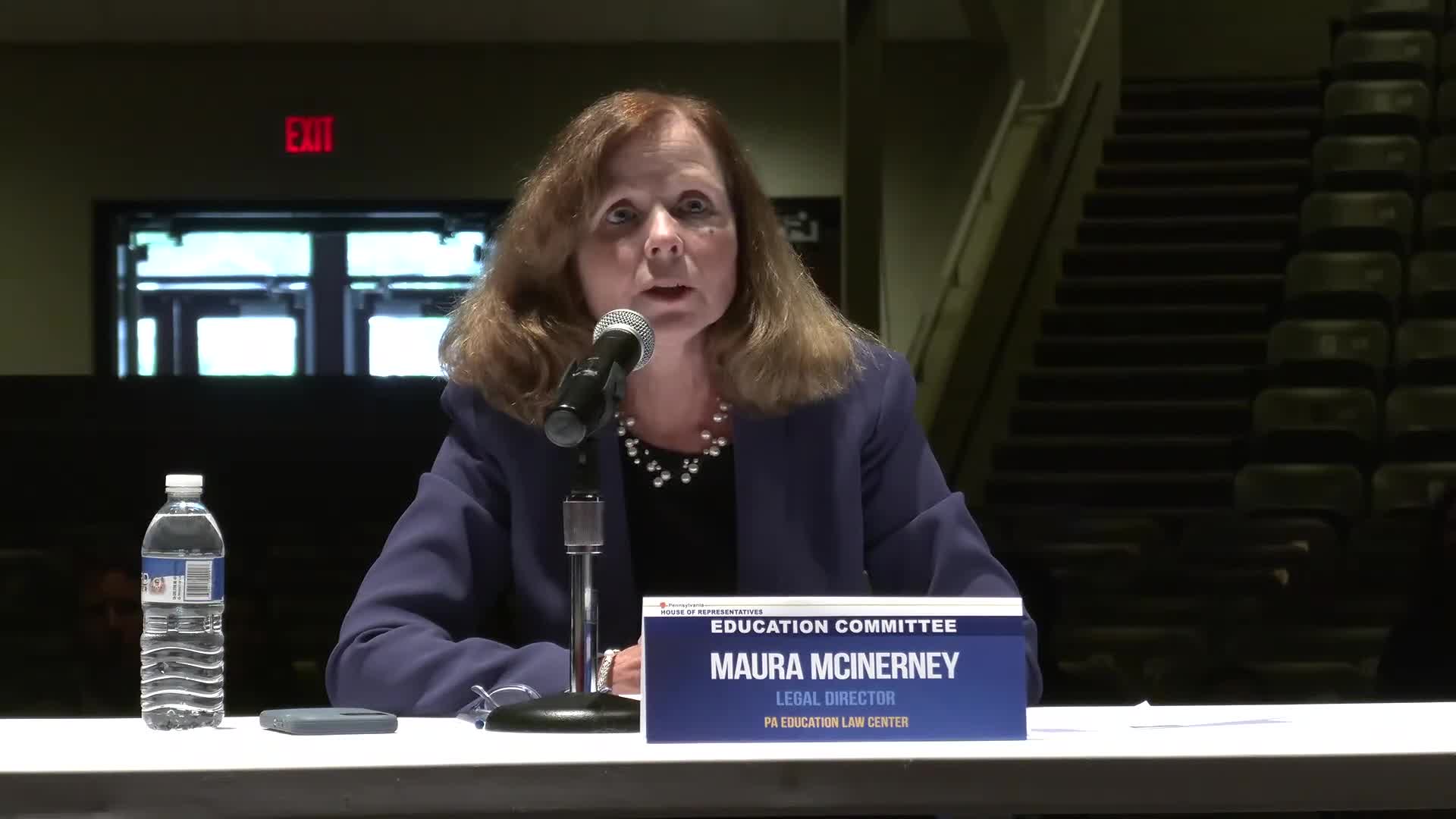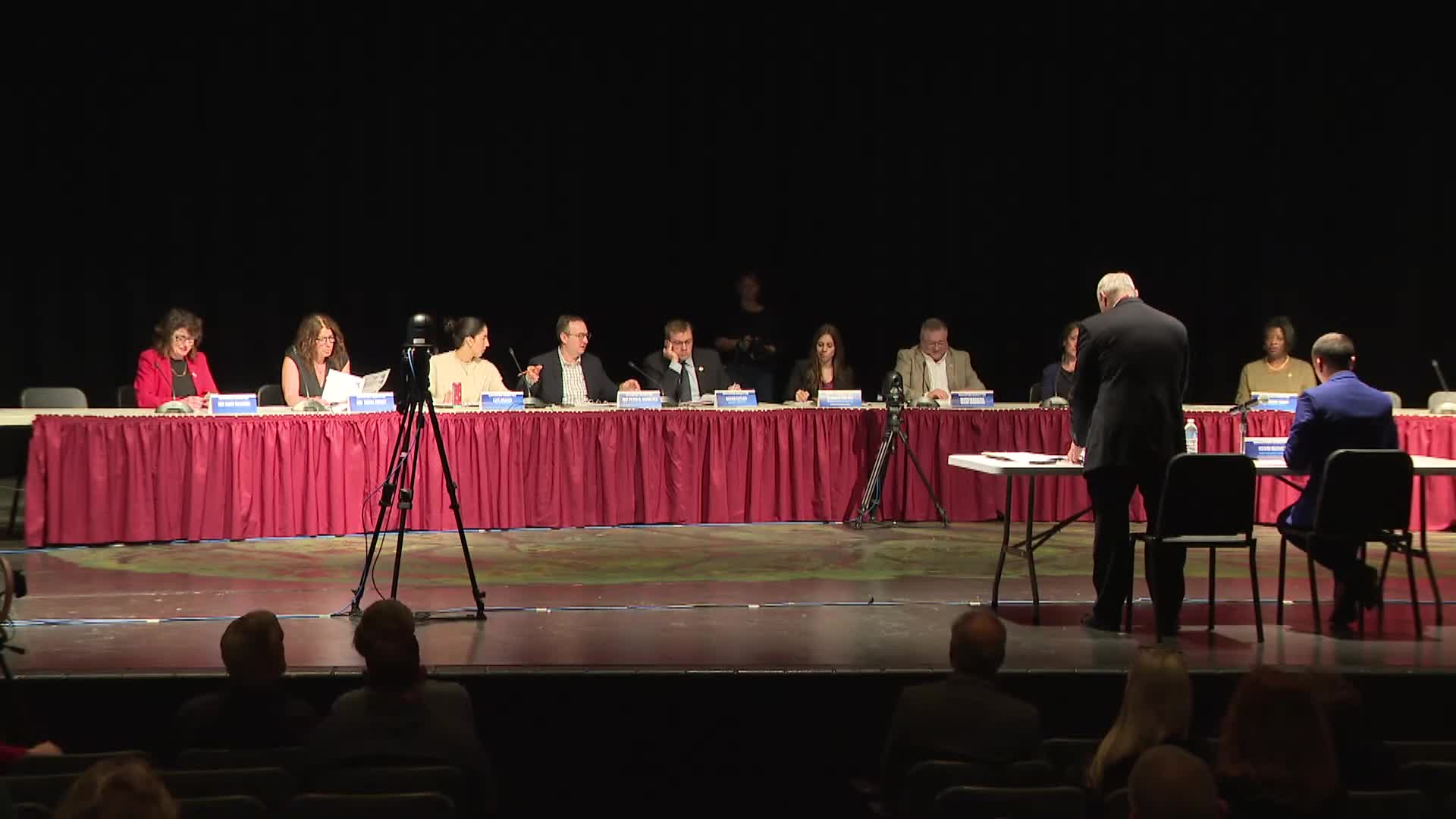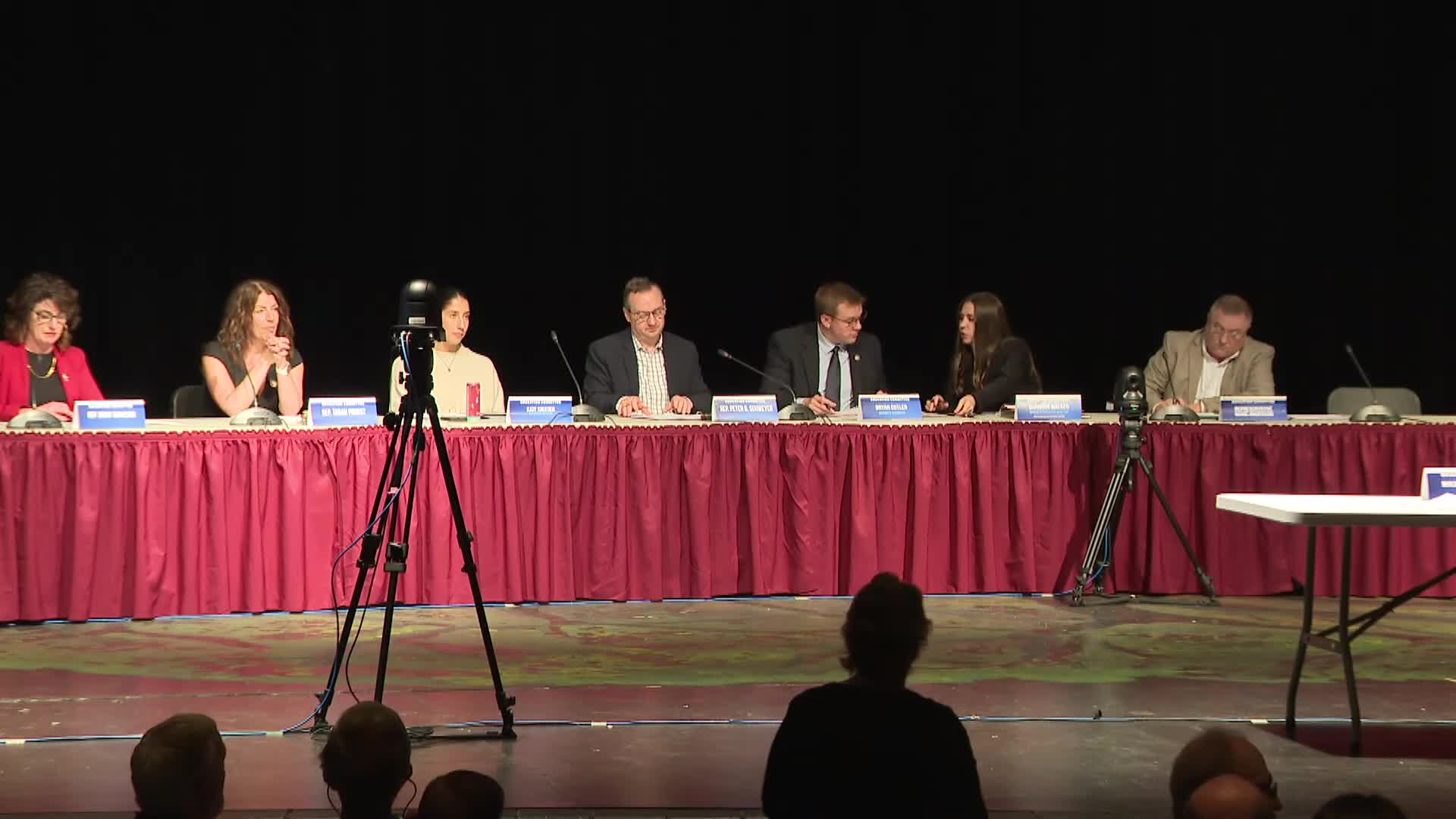Article not found
This article is no longer available. But don't worry—we've gathered other articles that discuss the same topic.

Advocates and superintendents tell committee IEPs and attendance often fail students in cyber charters

Committee presses for stronger oversight, public reporting and board transparency for cyber charter schools

